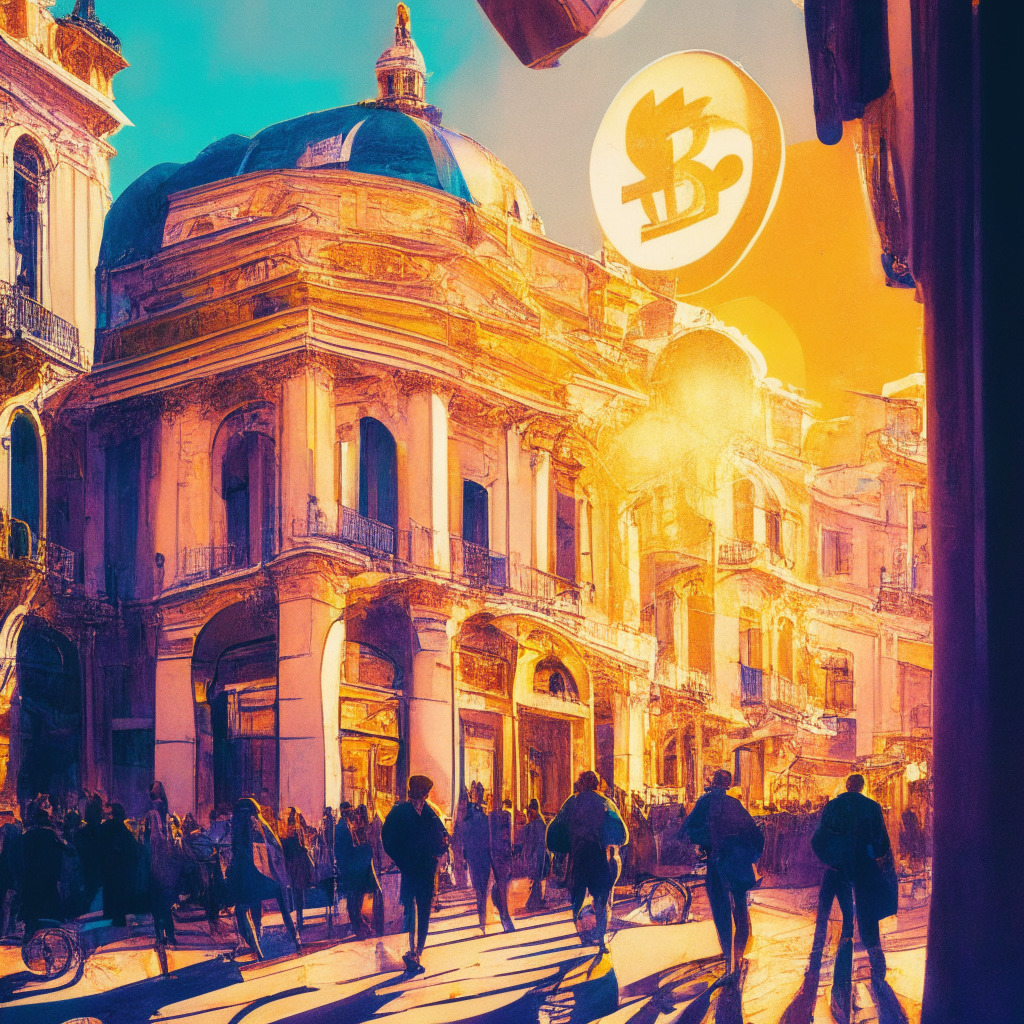In a pivotal shift in the realm of cryptocurrency regulations, the Abu Dhabi-based virtual assets firm, M2, has been granted financial services permission by the Financial Services Regulatory Authority (FSRA) of the Abu Dhabi Global Market (ADGM). This development opens new opportunities for both retail and institutional clients in the UAE, offering them the ability to buy, sell and hold virtual assets like Bitcoin and Ethereum.
The M2 platform, yearning to establish an unparalleled level of trust and integrity in the burgeoning virtual asset class, is lined up for a 2023 launch. One of its promising features will include allowing UAE users to purchase cryptocurrencies with fiat money. This could radically redefine the accessibility and ease of cryptocurrency transactions for the masses. However, this opportunity also raises questions on cybersecurity, as the safety measures for safeguarding asset custody are yet to be explored and discussed extensively.
Balancing the scales, the ADGM regulatory framework, established over the past five years, mandates clear rules for those operating in the virtual asset sector. Upholding these regulations, M2 aspires to mirror these standards, further solidifying the UAE’s position as a global leader in the virtual asset space. However, the exact implications of such stringent control practices on the dynamism and freedom characteristic of cryptocurrency trading and services remain to be seen.
The FSRA has been on the forefront of recognizing and welcoming digital assets. Back in 2018, ADGM introduced its comprehensive virtual asset regulatory framework attracting major companies dealing with cryptocurrencies. Its subsequent approval of the cryptocurrency exchange Binance and granting similar regulatory allowance to virtual assets brokerage and custody services earlier this year, have marked significant milestones in the progressive regulation of crypto assets in the region. However, these plots of regulations and permissions should not overshadow the shadowy sides of digital currencies, particularly with regards to transparency, security, and potential misuse.
In conclusion, the permission granted to M2 is indeed a promising step towards the integration and regularisation of virtual assets within the UAE’s sophisticated financial infrastructure. However, these advancements should be paired with well-rounded discussions around risks, trust, safety, integrity and transparency to ensure resilience and long-term confidence in the emerging virtual asset class.
Source: Cointelegraph




